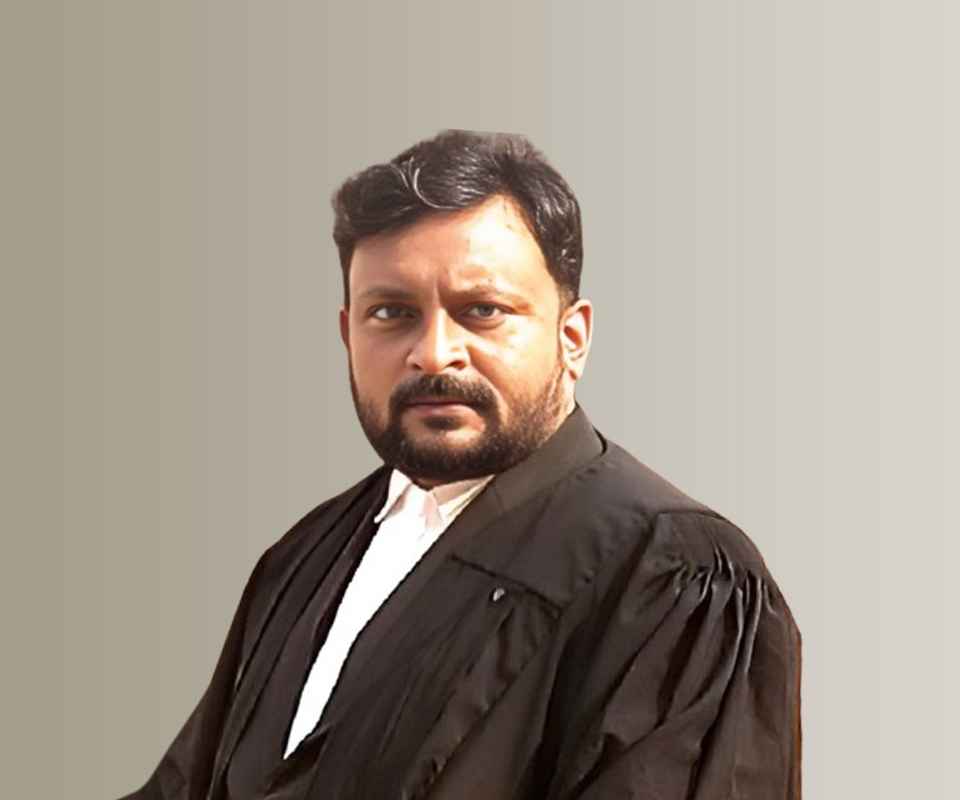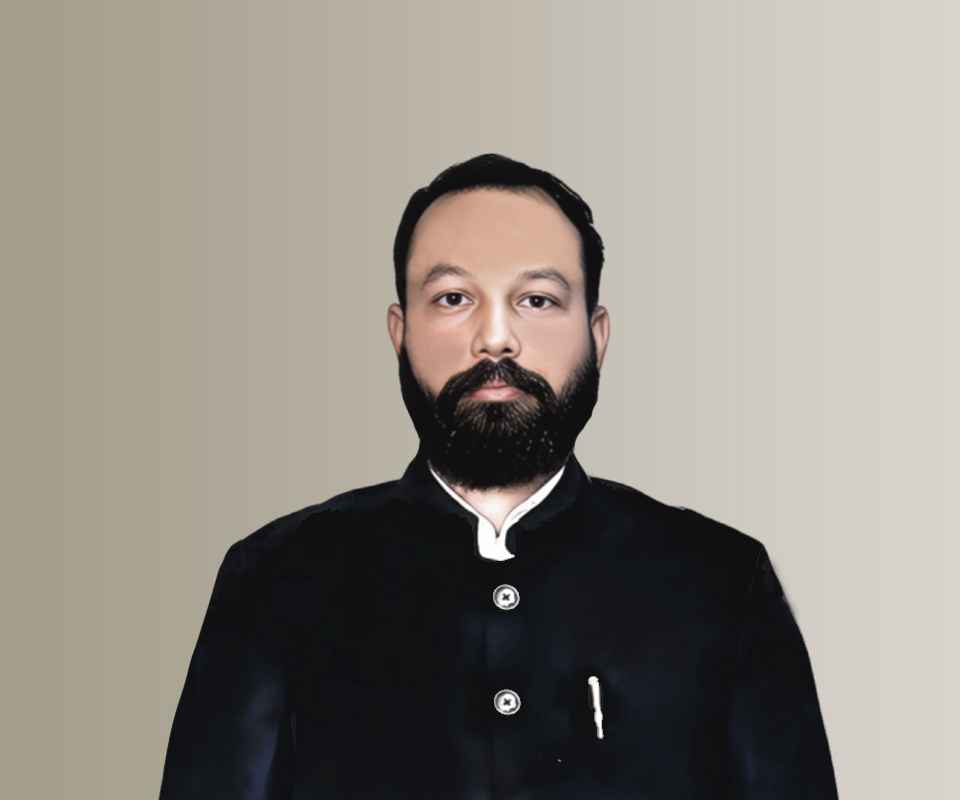Answer By law4u team
Bharatiya Nagarik Suraksha Sanhita, 2023 - Section 518: Exclusion of time in certain cases
(1) In computing the period of limitation, the time during which any person has been prosecuting with due diligence another prosecution, whether in a Court of first instance or in a Court of appeal or revision, against the offender, shall be excluded: Provided that no such exclusion shall be made unless the prosecution relates to the same facts and is prosecuted in good faith in a Court which from defect of jurisdiction or other cause of a like nature, is unable to entertain it.
(2) Where the institution of the prosecution in respect of an offence has been stayed by an injunction or order, then, in computing the period of limitation, the period of the continuance of the injunction or order, the day on which it was issued or made, and the day on which it was withdrawn, shall be excluded.
(3) Where notice of prosecution for an offence has been given, or where, under any law for the time being in force, the previous consent or sanction of the Government or any other authority is required for the institution of any prosecution for an offence, then, in computing the period of limitation, the period of such notice or, as the case may be, the time required for obtaining such consent or sanction shall be excluded. Explanation.—In computing the time required for obtaining the consent or sanction of the Government or any other authority, the date on which the application was made for obtaining the consent or sanction and the date of receipt of the order of the Government or other authority shall both be excluded.
(4) In computing the period of limitation, the time during which the offender— (a) has been absent from India or from any territory outside India which is under the administration of the Central Government; or (b) has avoided arrest by absconding or concealing himself, shall be excluded.
Brefe Detail
Section 518 of the Bharatiya Nagarik Suraksha Sanhita, 2023, discusses the exclusion of certain periods when computing the limitation for prosecuting an offender. It details scenarios where time may be excluded, including ongoing prosecutions, injunctions, required governmental consents, and the absence or concealment of the offender. The section aims to ensure fair consideration of the time taken in legal proceedings and the circumstances affecting them.
Question & Answers
Q1: What does Section 518 state about computing the period of limitation?
A1: Section 518 provides that certain periods may be excluded when computing the limitation period for prosecuting an offender, including times when other prosecutions are ongoing or when injunctions are in place.
Q2: What conditions must be met for the exclusion of time during another prosecution?
A2: The exclusion of time is permitted only if the prosecution relates to the same facts and is prosecuted in good faith in a court unable to entertain it due to jurisdictional defects.
Q3: How does an injunction affect the computation of the limitation period?
A3: If the prosecution is stayed by an injunction, the duration of the injunction, as well as the days it was issued and withdrawn, are excluded from the limitation period.
Q4: What happens if notice of prosecution is given or governmental consent is required?
A4: The period for which notice of prosecution is given or the time needed to obtain governmental consent or sanction is excluded from the limitation period.
Q5: What circumstances lead to exclusion of time concerning the offender?
A5: Time is excluded when the offender has been absent from India or has avoided arrest by absconding or concealing themselves.
Example
- Ongoing Prosecution: If a person is pursuing a prosecution against an offender in one court while simultaneously trying another case in a different court, the time spent on the first case is excluded from the limitation period, provided both cases relate to the same facts.
- Injunction: If an order prevents a prosecution from proceeding from January 1 to March 1, this period is excluded when calculating the limitation.
- Government Consent: If an application for consent is submitted on April 1 and the response is received on April 15, the days of the application and the response are excluded from the limitation period.
- Absconding Offender: If an offender has been evading arrest and remains hidden from January 1 to June 1, this entire period is excluded from the limitation for prosecuting the offence.
Summary
Section 518 of the Bharatiya Nagarik Suraksha Sanhita, 2023, outlines specific circumstances under which time is excluded when calculating the limitation period for legal actions against an offender. This includes ongoing prosecutions, injunctions, the requirement for governmental consent, and the offender's absence or evasion of arrest. The section is designed to promote fair legal proceedings by acknowledging factors that may affect the timeline for prosecution.







